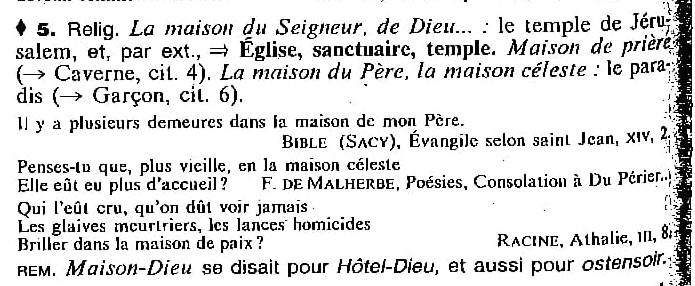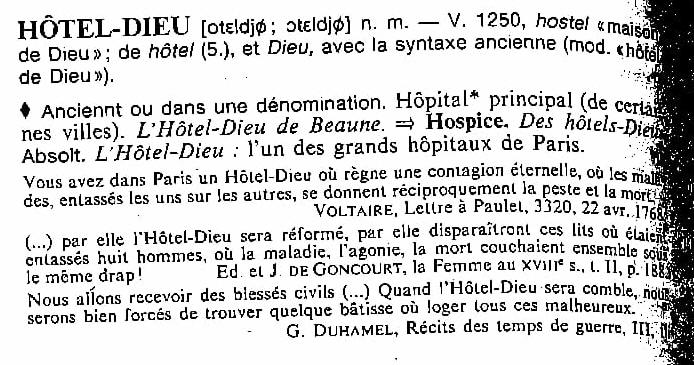Hello!
I am a longtime student of the Hebrew Bible who stumbled upon the Tarot de Marseilles about a year ago. After careful study of the Tarot de Marseille I began to see a pattern of Jewish beliefs and ritual depicted in the 22 trump cards.
Either I have revealed a very consistent Jewish theme in the Tarot de Marseille or I have successfully demonstrated the amazing creative power of wishful thinking.
In short I believe the imagery of the Tarot de Marseille was created in response to the outlawing and burning of the Talmud and other Jewish religious books throughout Europe and specifically to the Spanish Inquisition in 1478 which led to many wealthy Jewish Families moving to Northern Italy.
Explicit connections to Jewish texts seem far less present in other versions of the Tarot. But in the Tarot de Marseille I believe I have found too many connections for this to be a mere coincidence.
Regardless I would really appreciate the thoughtful feedback and criticism of Tarot scholars who can place my observations in a historical context.
Looking for feedback that either debunks my theory or that would help me develop it further.
Thank you in advance for any words of wisdom either for or against my thesis.
**** UPDATE 12/2019: Since this earlier post two years ago I have conducted a tremendous amount of additional research on this topic. Whereas I originally suspected that the Tarot de Marseille in general was connected to Judaism - I found instead that the Jean Noblet Tarot de Marseille in particular contains a great deal of intentional Judaic content and that later decks contain only echoes of what was apparently originally placed in the Jean Noblet.
I now have a website dedicated to this topic at : www.torahtarot.com
Warm regards,
Stav Appel
 Torah and Talmud imagery in the Tarot de Marseilles
Torah and Talmud imagery in the Tarot de Marseilles
1
Last edited by StavAppel on 28 Dec 2019, 20:36, edited 2 times in total.


